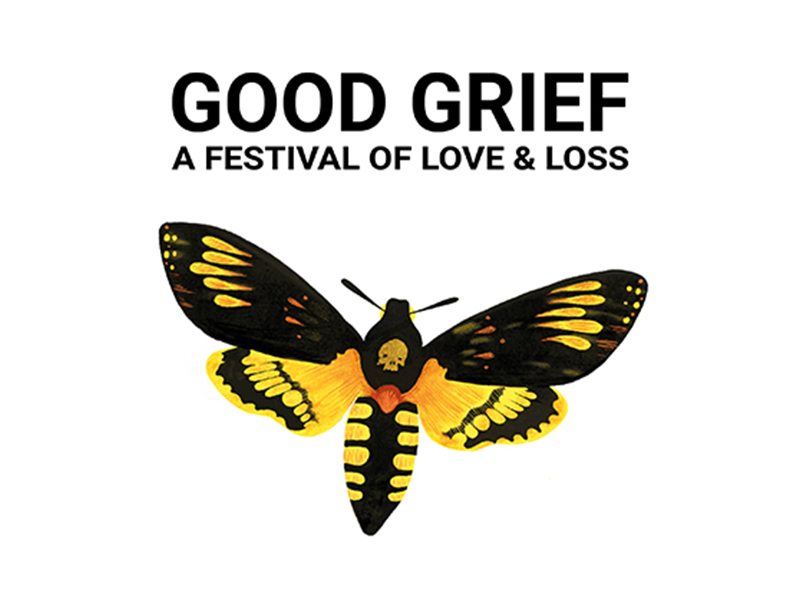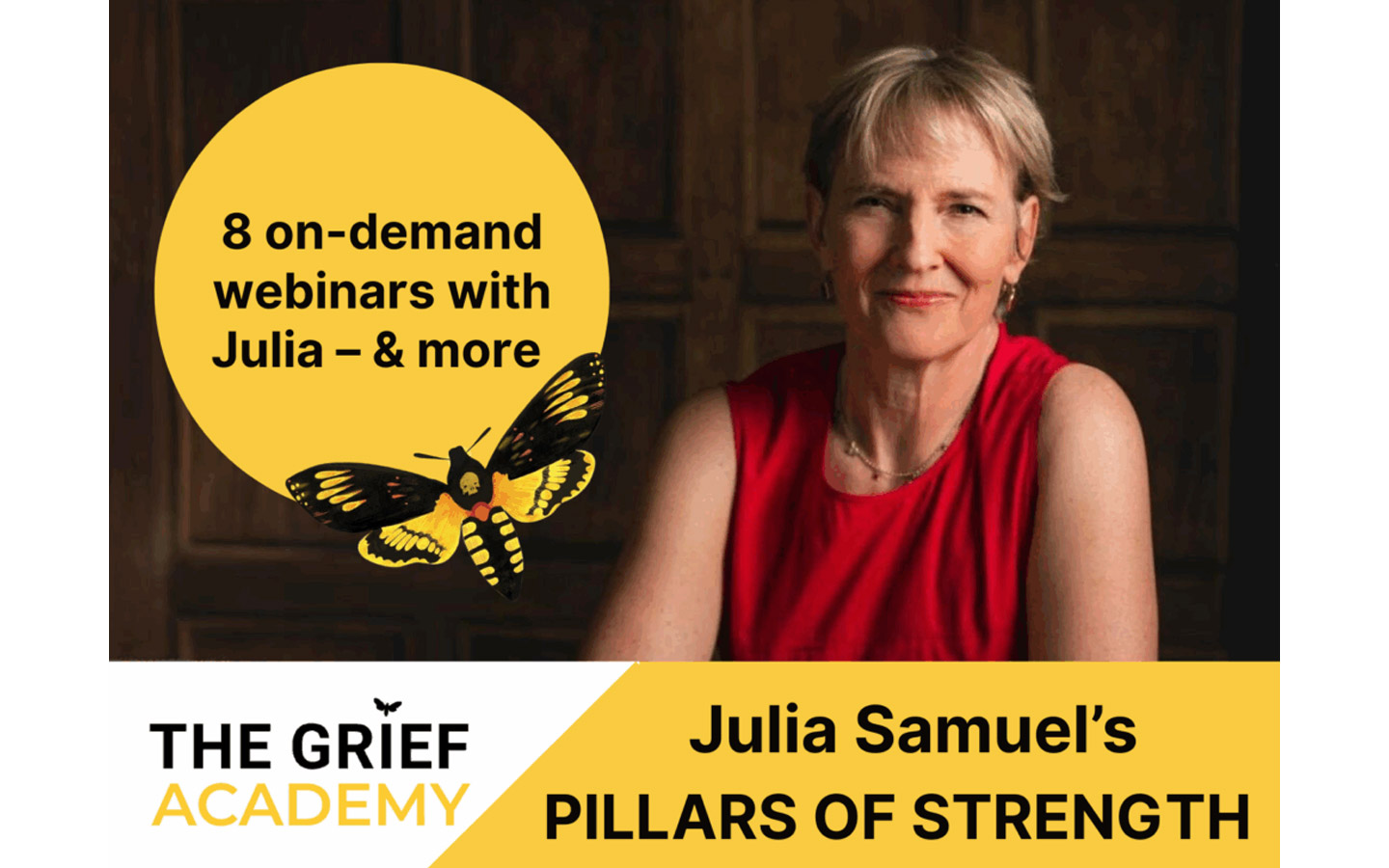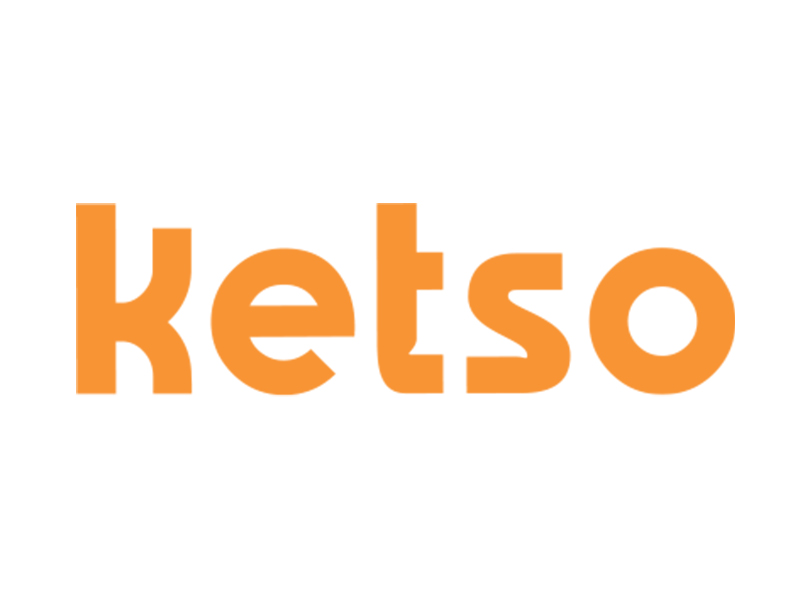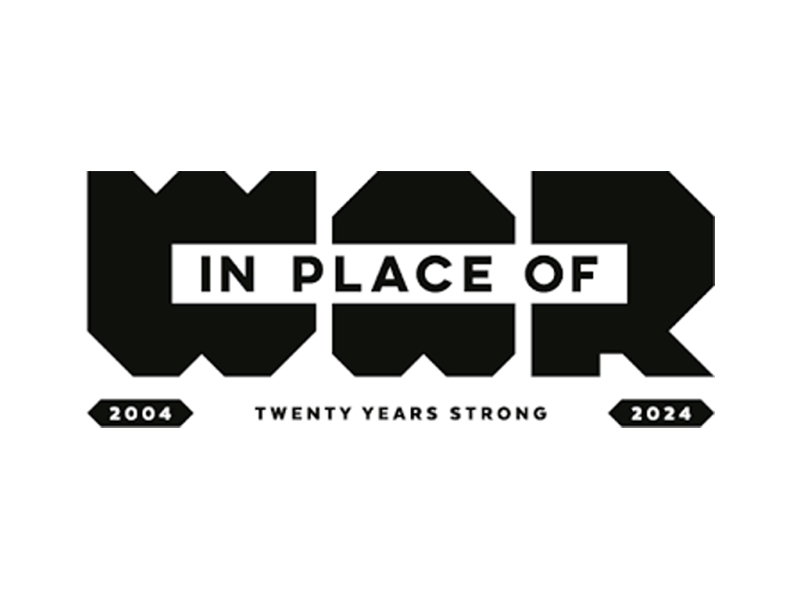Good Grief Festival CIC
The University of Bristol

The Good Grief Festival – Transforming How We Engage with Grief
Overview
The Good Grief Festival is a pioneering initiative designed to reshape how society understands, discusses, and supports experiences of death, dying, and bereavement. In response to the pervasive stigma and avoidance surrounding these universal human experiences, the project seeks to establish a vibrant, inclusive platform that connects academic insight, practical resources, and community needs in meaningful and accessible ways.
The Challenge
Despite increasing awareness of the importance of grief literacy, many individuals, families, and communities remain under-supported during some of life’s most challenging transitions. Conversations about death and grief are often suppressed or mishandled, resulting in social isolation and a lack of preparedness. Moreover, existing services frequently fall short in translating academic research into tools and opportunities that can be practically applied across healthcare, education, the workplace, and community settings.
The Solution
The Good Grief Festival offers an innovative, socially-driven response: a welcoming and compassionate space that fosters dialogue, connection, and healing through a multidisciplinary lens. Blending academic research, creative expression, expert knowledge, and local collaboration, the festival normalizes conversations about grief and death while building bridges between sectors.
As a social enterprise spinout, the festival will operate under a Community Interest Company (CIC) model, ensuring long-term sustainability and scalable impact. Core components of the project include:
- Workshops & Training Programmes
Tailored sessions for professionals and communities, drawing on cutting-edge grief research to inform training for healthcare workers, educators, employers, and peer-support networks. - Curated Digital Resources
Accessible online content via platforms such as the Grief Hub and The Grief Channel, providing free access to talks, webinars, and downloadable educational materials. - Community-Based Events
Regionally delivered experiences, like Good Grief Weston, that integrate arts, wellbeing, and cultural activities through coproduction with local partners and residents. - Collaborative Partnerships
Joint initiatives with charities, schools, creative industries, and public sector bodies to co-create and implement grief-informed programmes and resources.
Impact & Benefits
The development of the Good Grief Festival as a university-affiliated social enterprise offers wide-ranging benefits, including:
- Enhanced Public Engagement
Amplifies the university’s role in tackling societal challenges with empathy and scholarly depth. - Professional Development Opportunities
Supports the delivery of evidence-based training and knowledge exchange across sectors. - Revenue Diversification
Establishes sustainable income streams through event ticketing, training services, sponsorships, and philanthropic grants. - Institutional Reputation Building
Positions the university as a leader in socially engaged, interdisciplinary innovation. - Opportunities for Students and Communities
Creates pathways for employment, volunteering, and mentorship, strengthening local engagement and supporting skills development.
Sustainable Development Goals addressed




Some facts:
Since its launch in October 2020, the Good Grief Festival has become a major force in grief education and public engagement, reaching a wide and diverse audience through a dynamic programme of events and digital resources.
- Audience Engagement
Over 35,000 attendees have participated in the festival to date, engaging with content that fosters empathy, understanding, and community around death, dying, and bereavement. - Programme Scale
The festival has delivered more than 300–350 live and online events, including keynote talks, expert interviews, panel discussions, interactive webinars, courses, and hands-on workshops. These events offer a rich blend of academic insight, personal narrative, and practical guidance. - Speaker Diversity
With a line-up of 400+ speakers, the festival champions a broad spectrum of voices—spanning disciplines, lived experiences, and cultural perspectives—to deepen public understanding and make grief dialogue more inclusive. - Digital Legacy
Audiences continue to benefit from the festival’s growing archive of content, with 180+ past sessions freely available as on-demand videos via YouTube and The Grief Channel, extending the festival’s impact well beyond live events.






